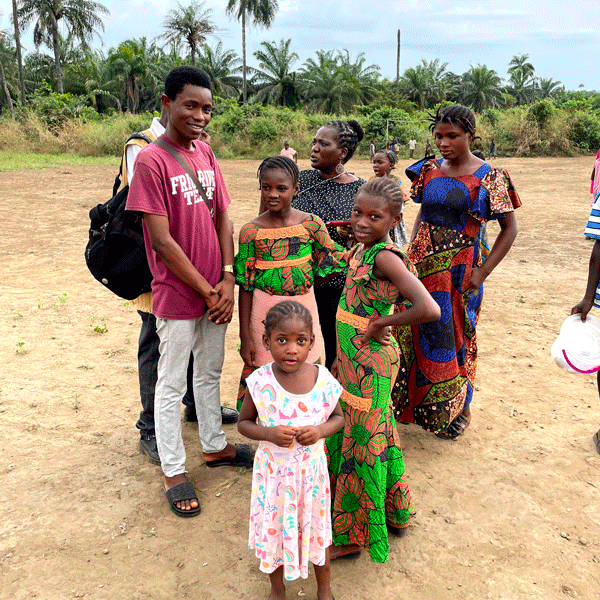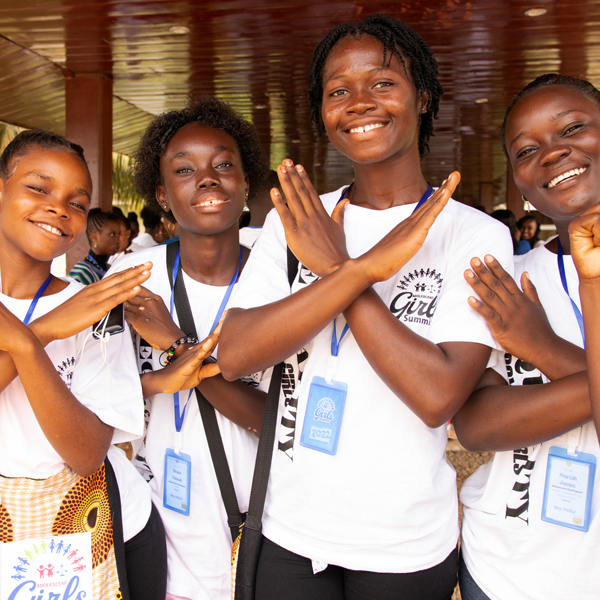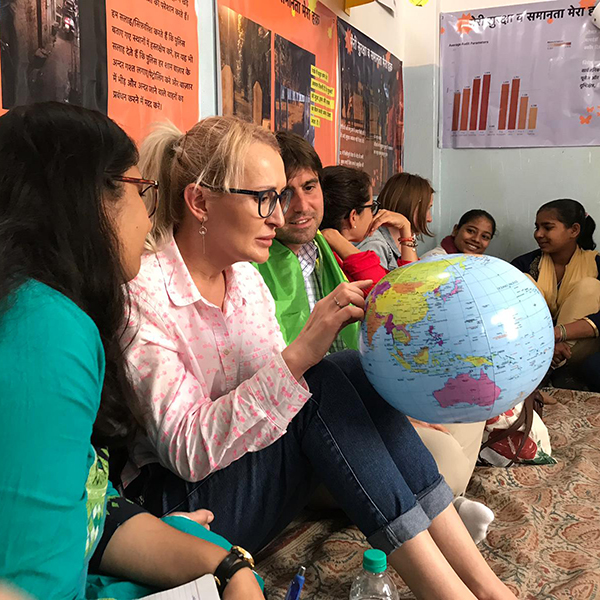This article was originally published by the Trust-Based Philanthropy Project.
GFC Director of Innovation and Influencing Vanessa Stevens shares insights from GFC team members, drawing from their experiences as past grantees and highlighting the transformative power of trust and community-driven decisions in philanthropy.
At Global Fund for Children (GFC), many of our team members have experience working with community-based organizations around the world. These experiences are a critical lens that we apply to our trust-based relationships and internal practices. We have seen that making the switch from grantee to grantmaker can be jarring. Suddenly, power dynamics are reversed – you have the power to decide who and what gets funding. But for those of us who have struggled to find funding, stayed up late to meet reporting deadlines, and navigated awkward donor relationships, these experiences aren’t something you easily forget or ever want to replicate for others.
I asked some of my GFC colleagues about how their experiences working at community-based organizations have shaped their values and decisions today as grantmakers. Here’s what they said.
Be a cheerleader first and foremost.
“When I speak with partners, it can be tempting to ask questions like, ‘Have you thought about doing this? What are your thoughts about that?’ Sometimes, funders try to get organizational founders, who are already overwhelmed, to think outside of what they have envisioned. However, even when your questions may mean well, they can be overwhelming and not supportive. They can also be disconnected from their day-to-day reality; how does someone sitting in Washington, DC, really know what’s happening in a community? Funders should be there to listen, encourage grassroots organizations, and support their amazing work.” – Kulsoom Khan, GFC’s Senior Regional Director for Asia and a former Change Manager at Ashoka and Co-Founder of VISION Pakistan’s Child Rights Initiative in Pakistan
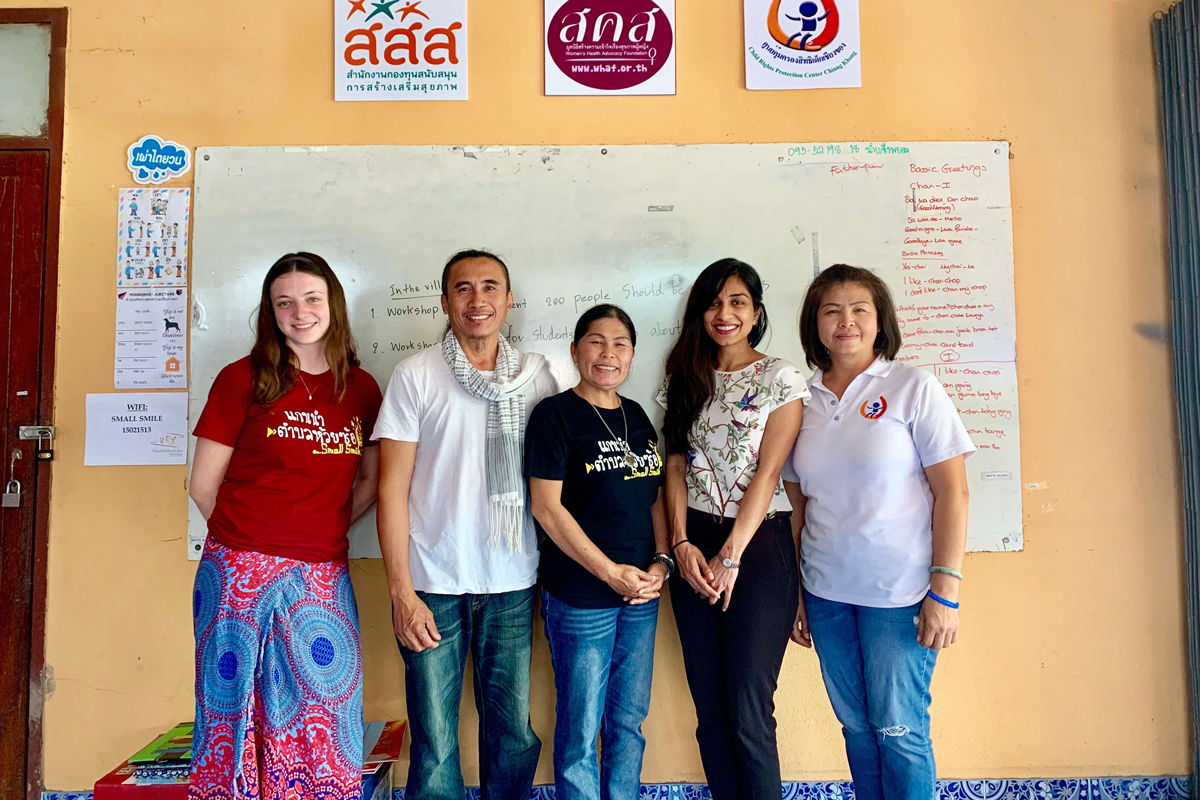
Say yes to the beach.
“Most organizations are not accustomed to working with flexible donors, and they are still very cautious about how to use flexible funding. I remember a partner discussing how they were trying to pool together funds for a team retreat. I told them that was something they could definitely cover with GFC grant money. They were a bit skeptical and said, ‘Really? But we want to go to the beach.’ My response: ‘If you feel going to the beach together as a team will contribute to your individual and collective wellbeing, it’s something we would be happy to support.’” – Kimberly McClain, GFC’s Regional Co-Director for the Americas and a former Intern at CIPE-Consultores and Program Coordinator at Aanglidesh in Honduras
Remember that it’s good to get a call when something goes wrong.
“During my first month, a partner called to tell me that something had gone horribly wrong. They didn’t have to tell me, but they needed someone to talk to. In my previous experience, I would never call a funder to tell them that something had gone wrong. If I did tell them at all, it would be in the footnotes of a report and not detailed, as I did not want to give them a reason to pull out the funding. It’s so important for funders to create a culture where partners can come to you when they have a problem or reach a stumbling block.” – Katherine Gilmour, GFC’s Regional Co-Director for Europe and Eurasia and a former Sexual Violence Prevention Worker at the Scottish Borders Rape Crisis Centre in Scotland
Reach organizations that need funding the most.
“Grassroots organizations often receive small amounts of funding that are usually insufficient to create positive impact. Having worked with a community-based organization in Zimbabwe, I realized that organizations that are directly working with local communities are placed on the fourth or fifth tier of the funding processes, with the bulk of the funds going to institutions that have easy access to funders and the privilege to network. Relaxing application requirements and increasing flexible funding going directly to grassroots organizations are essential in creating meaningful change in communities.” – Blondie Beatrice Ndebele, Atlas Corps Communications and Marketing Fellow at GFC and a former Information Manager at a community-based organization in Zimbabwe
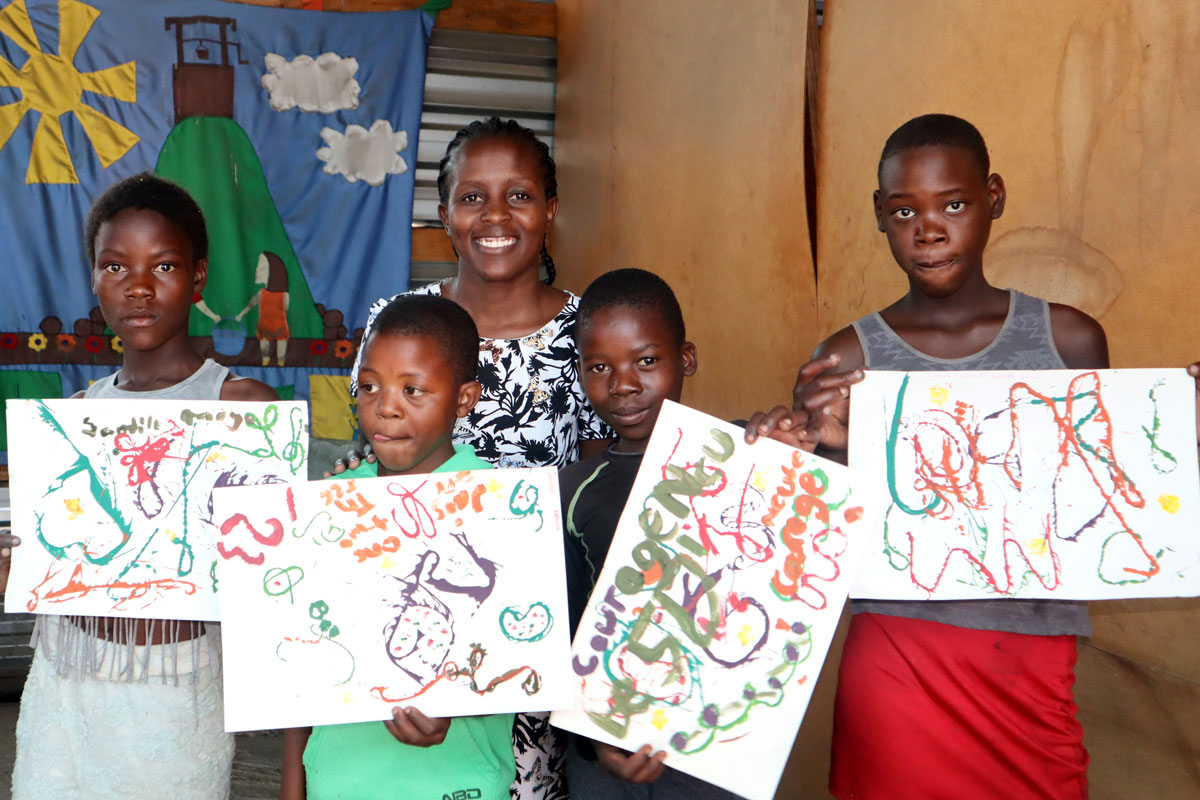
Invest in the people who power the work.
“It’s crucial to fund organizational development but also strengthen the people who are behind all the work. Prior to joining GFC, I worked for a youth-led organization that had an intentional process of continuous leadership renewal, seeking to provide opportunities for more young people to occupy this leadership space. It was very difficult to get funding to cover all the costs related to this process but even more so for personal and professional development costs, or for even basic things like a laptop and other equipment. It’s frustrating to know that there are many funders who only want to fund the costs of projects and results, and completely overlook the basic needs of a team.” – Nayara Castiglioni, GFC’s Program Associate for the Americas and a former Executive Director of Engajamundo in Brazil
Recognize the importance of approachability.
“There will always be power dynamics, but it’s important how we communicate as funders. Prior to working at GFC, I was part of an organization that GFC gave a grant to and visited. We always used to ponder on how different they were as a funder – very approachable compared to other funders who wouldn’t really just sit among us and talk informally. I try to have that same approachable attitude with the partners I work with now by creating an open and informal space so that our partners can feel comfortable expressing themselves.” – Nasra Ayub, GFC’s Programs and Partnerships Associate and a multi-award-winning women’s rights campaigner, including at Integrate UK in England
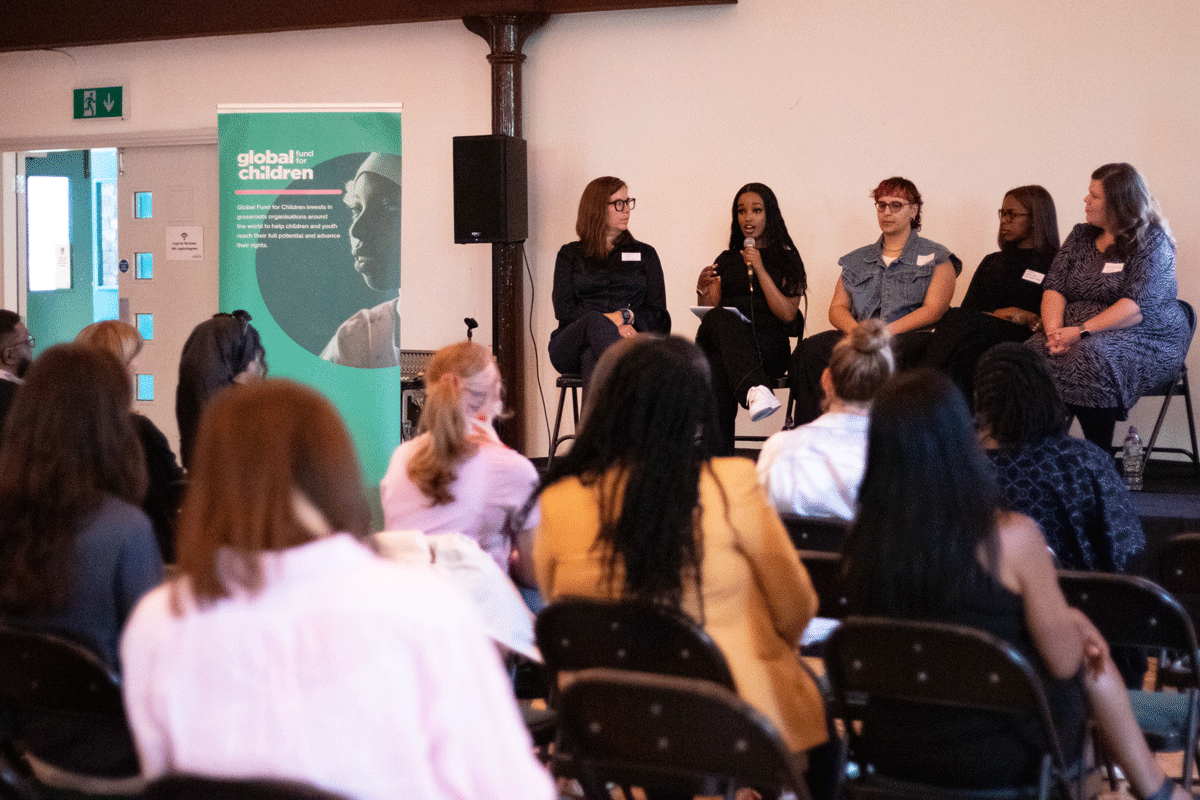
Trust communities and never turn back.
“Communities know the issues affecting them and what can be done to address them, but funders won’t typically engage communities in a project’s design phase, as it involves investing in a process that won’t yield any ‘immediate’ or ‘traditional’ deliverables. For one project, we had designed two-hour sessions on self-esteem with women who were not able to read or write. I questioned whether the methodology – everything from the arbitrary two-hour time frame to the word-heavy visual materials – was going to help us achieve the intended results, but because it was what the donor wanted, we just had to do it. It’s painful when you see something is wrong in the methodology that needs to change but you can’t change it because it’s not what you promised the donor. With a clear conscience, I would not go back and do what we previously did when we were working with strict donors.” – Daniela Martínez, GFC’s Program Manager for the Americas and a former Program Coordinator at Vital Voices Guatemala in Guatemala
Changes in philanthropy have been far too slow and meager for a sector with so many resources and calls for change. As grantmakers, we have seen the power of hiring people who have worked in community-based organizations. We feel the frustration of local organizations and we recognize the urgency of changing practices in the sector. We ask individuals in philanthropy who have never worked in community-based organizations to do the work to understand and upend these harmful power dynamics. We urge grantmakers to meaningfully respond to grantee feedback, hire activists with lived experience, and engage communities in decision-making. When grassroots voices have the most power within philanthropy, we believe the sector will go beyond trust and flexibility to solidarity, and never turn back.
Header image: Guatemalan partners and GFC staff at the RECARGA convening held in Guatemala. © GFC
